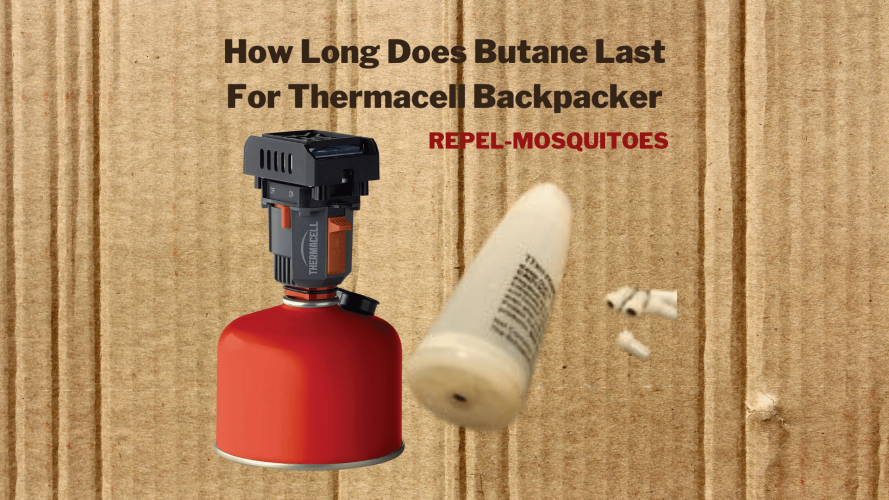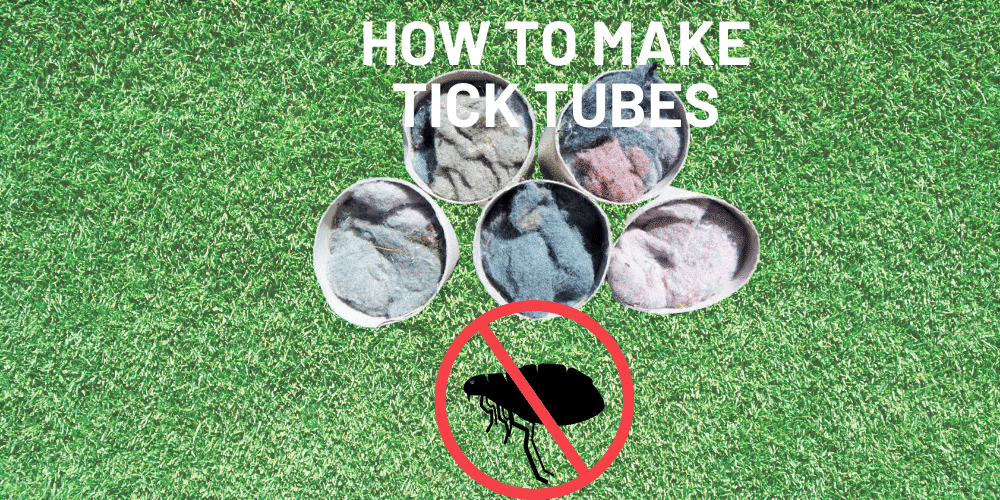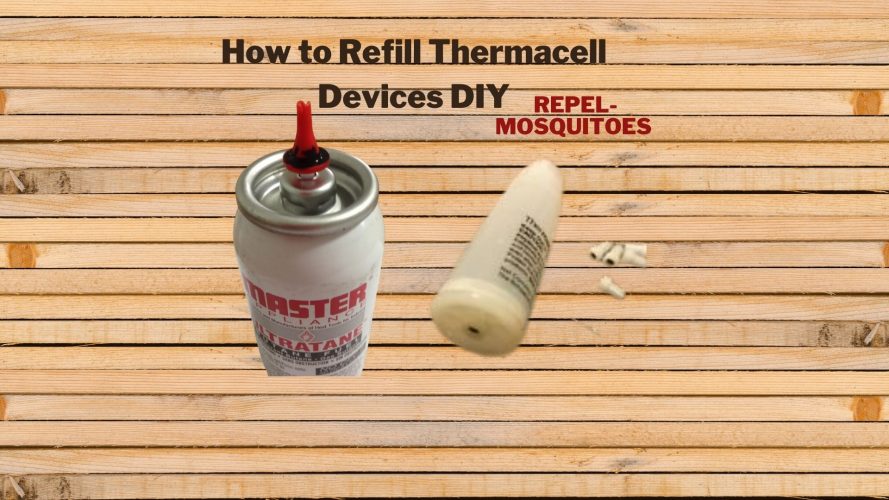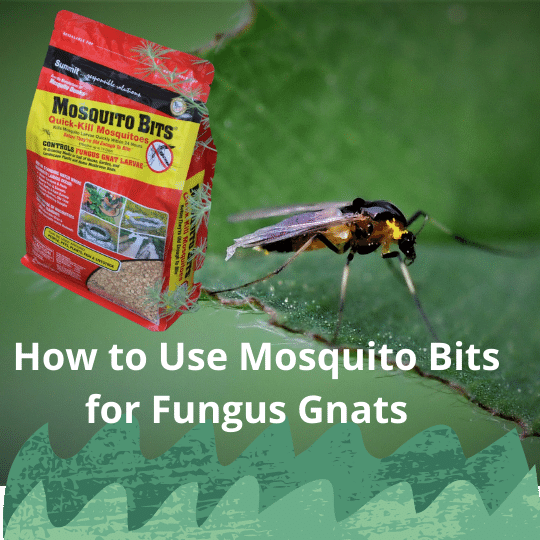If you’ve ever been bit by a mosquito, you know how it can itch afterwards. It makes your hand want to scratch that bite all day long. If you’re interested in more than just relieving the itching, read on to learn when mosquito bites itch and why and how to get rid of the itching.
The mosquito bite is an immune response. The saliva of the mosquito carries anticoagulant properties to keep blood from clotting. These anticoagulants are injected into the skin, where they trigger a reaction that causes white blood cells to flood the area and release histamine. Histamine is responsible for causing itching and redness at the site of the bite.
The Reasons Why do Mosquito Bites Itch
The most common cause is the mosquito’s saliva, which contains anticoagulant properties that keep blood from clotting. This means that when it’s injected into your skin, it can cause your blood vessels to dilate and release histamine, which causes your skin to swell and itch.
The bite itself is also an immune response: your body is trying to fight off whatever bacteria or virus might be in the mosquito’s saliva by raising your body temperature and swelling the area around the bite. This makes it feel like you have an infection, so mosquito bites are often painful and red rather than just itchy!
How to Reduce Itching Instant
Itching is a common problem, especially in the summer months. There are many ways to reduce itching instant, but not all of them are effective. Here are some tips on how to reduce itching instant:
- Clean the area with rubbing alcohol: This will help disinfect the wound and kill any bacteria that may be present on it.
- Apply honey on the bite: Honey is used as an anti-inflammatory agent because it contains natural enzymes that reduce swelling when applied topically to wounds like bug bites. The antibacterial properties in honey also help keep wounds from becoming infected.
- Take an oatmeal bath: Oatmeal baths are great for soothing irritated skin and reducing itching from bug bites since they contain mild astringents like saponin that remove dead skin cells while leaving behind soothing essential oils like lignin that help moisturize your skin without clogging pores or irritating sensitive areas like bug bites do when left untreated.
- Apply ice cubes on the itchy area. It will numb the area and reduce itching. However, this method has its own side effects, such as inflammation and irritation.
- Drink plenty of water throughout the day. The more water you drink, the more hydrated your body will be which will help prevent itching.
- Apply antihistamine cream or lotion on the skin where you feel itchy. This will help relieve itching but it may cause other side effects such as drowsiness and dryness of your skin if used for long periods of time which could lead to infections like cellulitis or psoriasis which can be very dangerous if left untreated!
- Make basil rub. You can apply this directly to your itchy skin. The mentholated oil in basil helps relieve itching and inflammation.
- Apply vinegar. Vinegar is an excellent natural way to treat rashes, blisters, and other skin irritations. It can also help heal cold sores faster than over-the-counter medications such as Zovirax or Abreva by drying them out.
- Aloe vera: Apply Aloe Vera gel directly to your skin to reduce itching instantly
- Toothpaste: You can also use toothpaste to reduce itching instantaneously because it contains ingredients that help relieve itching, such as baking soda and menthol.
- Mild corticosteroid cream: If you want to reduce itching quickly, apply a mild corticosteroid cream to the affected area at least once a day for several weeks until your rash has cleared up completely
- Dilute minced garlic: Add one teaspoon of minced garlic juice in half cup water and drink it every day for two weeks to accelerate the healing process and reduce itching quickly!
- Use baking soda: Use baking soda paste on your skin for 5 minutes after a shower.
- Use lemon or lime juice as a toner for your skin before applying moisturizer, sunscreen, or makeup (you can also use lemon or lime juice to reduce the itching from bug bites)
- Cold tea bag: Put a cold tea bag on the area where you feel itchy, and this will help reduce itching immediately|
When to Seek Medical Attention for Mosquito Bites, Itching
If you have a bite that has become infected or has not started healing within a few days, you may need medical attention. The same goes for any other signs of infection—including swelling, redness, and pus-filled blisters.
In addition, if you experience severe itching or irritation after being bitten by a mosquito, you should see your doctor. This is especially true if the itching or irritation is accompanied by fever or swollen lymph nodes. If you are unsure whether it’s safe to self-treat your mosquito bite with over-the-counter medications or natural remedies like aloe vera gel, check with your physician before using them.
What Mosquitoes Saliva Contain
Mosquito saliva is a complex fluid that contains a protein such as antihemostatic, anti-inflammatory, and immunomodulatory compounds. This saliva is also called an anticoagulant as it prevents blood from clotting and allows the mosquito to feed for a more extended period.
How the Human Immune System Responds
When this substance enters your body, it interacts with your immune system to cause an allergic reaction. This can lead to the swelling of tissues, hives, breathing problems, and even anaphylactic shock if it’s not treated correctly.
When they bite you, they inject saliva that contains proteins that can cause an allergic reaction. This allergic reaction causes your immune system to create histamine, which causes itching and swelling.
When you scratch your mosquito bite, you're breaking the skin and allowing more of those histamine-releasing proteins to enter your bloodstream, which causes more itching and swelling when it gets into your bloodstream through broken skin from scratching.
Mosquito bites itch and sting for a few hours. However, the itching can continue for days after the bite has healed. This is because of histamine release from the bite.The best way to treat mosquito bites is to keep them clean and dry, preventing infection and reducing itching.
The saliva of the Anopheles mosquito contains proteins, enzymes and other biologically active compounds. These saliva components help the mosquito to bite its host and begin a blood meal. The saliva also contains an anticoagulant that helps prevent blood clotting during feeding. This is important because it allows the mosquito to continue feeding for as long as possible without having to stop to dislodge clotted blood from its proboscis.
Mosquitoes put saliva on you because they need it to survive.
The saliva they put in your skin makes it easier for them to suck up your blood, because it creates a thin layer of water between their mouth and your skin. The saliva also contains chemicals that stop your blood from clotting around their mouth parts, so they can drink as much as they want without getting clogged up with clotting cells.
Mosquito saliva contains several compounds, including two anticoagulants: histamine and serotonin. Histamine is an enzyme that prevents blood from clotting by blocking the production of prothrombinase (which makes thrombin). Serotonin is a vasodilator that increases circulation in the area surrounding the bite.
It depends on the mosquito.
Technically, no: saliva is not acidic. But many mosquitoes do have special saliva that is acidic and can lower the pH of your skin, which can help make it easier for them to take their blood meal.
Mosquito saliva is not an anesthetic. It does contain a mild painkiller, but this is only meant to help the mosquito bite go unnoticed by its host.
Yes, mosquitoes do have toxins!
The most common mosquito-borne toxin is Sphaericus A (also known as S.A.). This protein is a heterodimer composed of BinA and BinB proteins. It shows high toxicity against mosquito larvae such as Culex and Anopheles, which have specific receptors for the BinB component.
It's a good question.
Well, you'll probably feel it. Mosquitoes are really small and they don't have a lot of substance, so they're not going to be particularly filling. But even if it's just a little uncomfortable, it's best to get rid of them as soon as possible. If a mosquito goes into your mouth, it's likely you will cough and spit it out.
Yes, Plasmodium does infect salivary glands.
Plasmodium is a genus of parasitic protozoa that cause malaria in humans and other animals. It's transmitted by the bite of female Anopheles mosquitoes and can cause various symptoms, including fever, chills, headaches, nausea, vomiting, and diarrhea.
The salivary glands of mosquitoes contain the larval stage of the mosquito. This is where the embryo will develop and hatch into a mosquito.
Yes, saliva helps mosquito bites.
Mosquito bites are caused by the mosquito's saliva and their mouthparts. The saliva contains chemicals that cause itching and swelling in the area around the bite.
Itching is an unpleasant sensation. Another word that can describe itching is an annoyance, which many of us want to avoid. However, scratching these bites will not give you relief. Instead, it is better to use OTC medications or home remedies for relief. This can also save your skin from the damaging effects of itching. In conclusion, searching for answers about mosquito bites will help you be more aware of the issue and have a better chance of getting rid of it faster.



